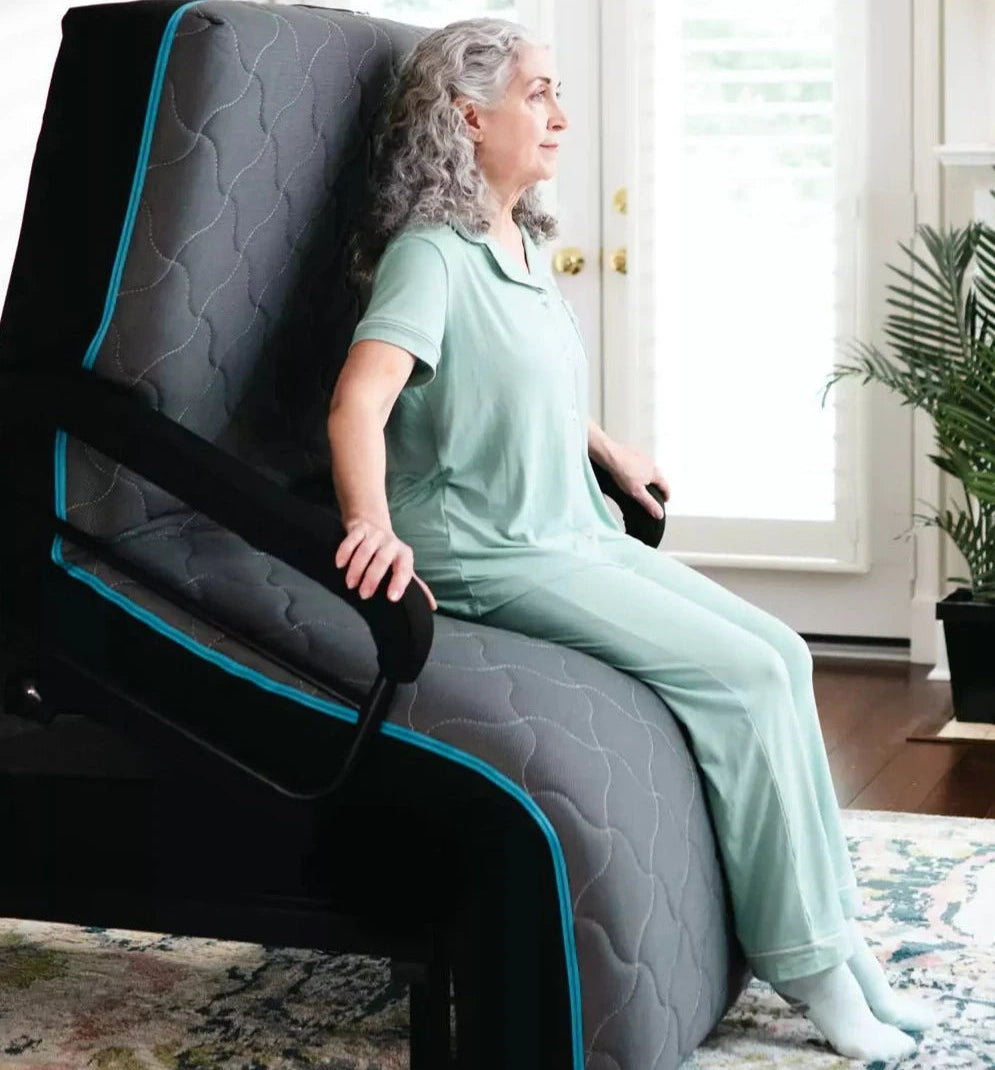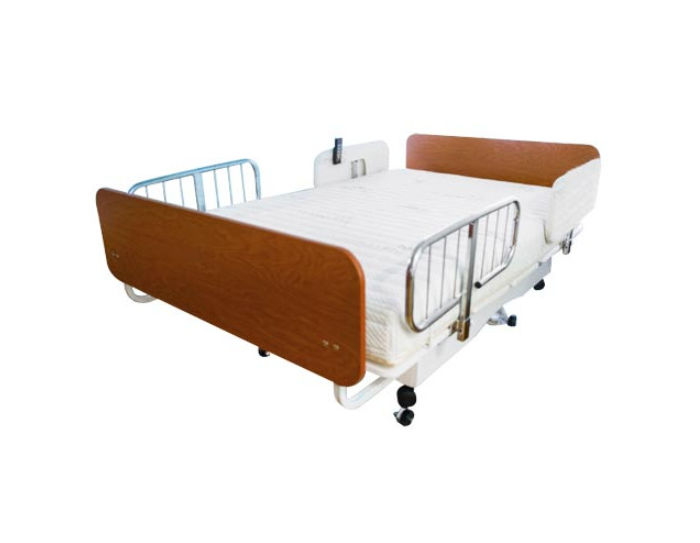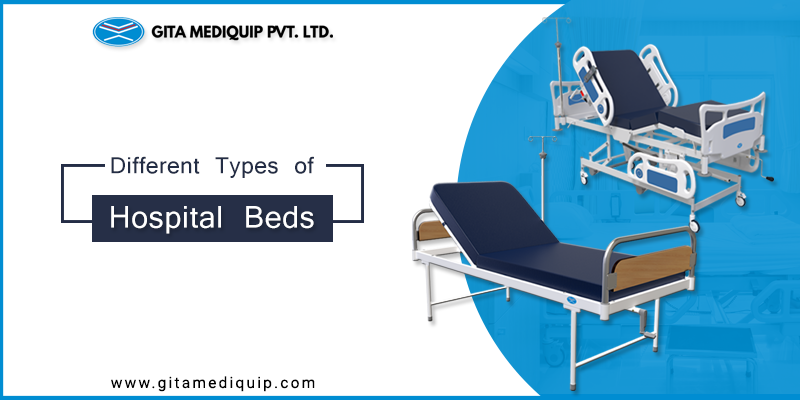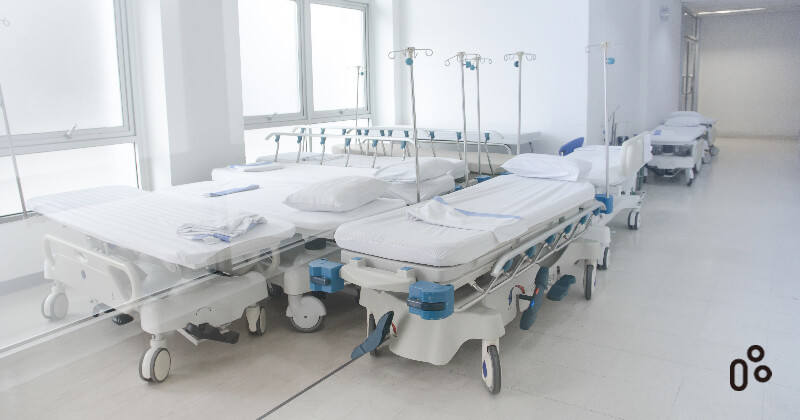Not known Details About Hospital Beds For Home Use
Get This Report about Hospital Beds For Home Use
Table of ContentsThe Best Strategy To Use For Hospital Beds For Home UseExamine This Report about Hospital Beds For Home UseNot known Incorrect Statements About Hospital Beds For Home Use The Of Hospital Beds For Home UseThe Best Guide To Hospital Beds For Home UseHospital Beds For Home Use - QuestionsExcitement About Hospital Beds For Home Use
There are 3 major types of medical facility beds: handbook, semi-electric, and fully-electric. These beds use hand cranks to readjust the bed's elevation and raise and lower the head and the foot.
Semi-electric beds have an electrical motor to elevate and reduce the head and foot parts of the bed (hospital beds for home use). Full-electric beds have an electric motor that can raise the head and foot areas of the bed as well as the entire height and positioning of the bed.
An Unbiased View of Hospital Beds For Home Use
Some versions can also relocate right into even more settings, such as the Trendelenburg (tilt) position. There are a number of sorts of health center beds, each created to meet certain patient requirements. Here are some typical kinds: This is the most typical kind of healthcare facility bed, designed for general clinical use. It has a handbook or electrically flexible headrest, footrest, and height.
Lower to the ground than a basic bed. This type of bed is created for bigger individuals, with a bigger structure and higher weight capacity than a basic bed.
This kind of bed is created for seriously sick individuals that need open tracking and specialized clinical devices such as ventilators and infusion pumps. This kind of bed is developed for use during labor and shipment, with adjustable positions and features to support the mother and child throughout the birth procedure.
What Does Hospital Beds For Home Use Do?
Multiple function and the devices do broadening traction to various parts of the vertebra and the extremities without relocating the human body. These are just a couple of examples of the kinds of healthcare facility beds offered. The specific type of bed utilized will certainly depend upon the patient's problem, medical demands, and other variables.
Right here is things you require to know. A one-function healthcare facility bed is a medical bed that permits a client to relocate only the head or foot area up or down. A 2 function healthcare facility bed usually describes a sort of clinical bed that has two flexible features to help people in healthcare facilities or treatment facilities.

Unknown Facts About Hospital Beds For Home Use
A 7-function ICU bed is a type of medical bed that offers a number of flexible features to support critically sick clients in a critical care unit (ICU) (hospital beds for home use). The 7 features commonly consist of: Back-rest change: The back-rest can be changed to different angles to aid the client sit up or relax pleasantly
Elevation change: The bed can be elevated or reduced to make it much easier for individuals to get in and out of bed, and for caregivers to provide care. Trendelenburg placement: The whole bed can be tilted to promote blood circulation and blood circulation in the body. Reverse Trendelenburg setting: The bed can likewise be tilted in the contrary instructions to promote blood flow and blood circulation in the top body.
1. What Size is a Medical Facility Bed? 2. Just how much Does a Hospital Bed Price? 3. Why Do Healthcare Facility Beds Have Side Rails? 4. What Are The Key Health Center Bed Parts?. While more affordable than electrical designs, these beds require physical initiative for modifications. The main benefits of manual beds are their price and dependability, as they don't depend on electrical power. However, the need for manual initiative can be a limitation in scenarios where quick changes are required or where caretakers face physical obstacles.
The Buzz on Hospital Beds For Home Use
Semi-electric healthcare facility beds use an equilibrium of handbook and electric controls. These beds give an ideal middle ground in between handbook and fully electrical options, using convenience of use without the full price of electrical models.
Semi-electric beds are appropriate for clients who need modest changes to the head and foot areas but can manage without constant elevation modifications. This makes them an economical service for those seeking convenience and comfort without the requirement for constant repositioning. Fully electrical healthcare facility beds feature electric controls for smooth adjustments to the elevation, head, and foot areas.
Specialty hospital beds, such as ICU beds, lasting care beds, and bariatric beds, are carefully made to attend to particular clinical requirements. These beds use tailored look after varied patient teams, improving both end results and comfort. In the adhering to sections, we will certainly check out the main sorts of specialty healthcare facility i thought about this beds, outlining their details benefits and applications.
With years of experience in making electric straight actuators - hospital beds for home use and close cooperation with the healthcare sector, TiMOTION is well-positioned to offer reliable health care options. Our up and down integrated business takes care of every step of the production process, from style to actuator assembly, ensuring we supply extraordinary worth and customized options tailored to your particular demands
The Basic Principles Of Hospital Beds For Home Use

For more information about incorporating these technologies right into your products, call us today. Further analysis:.
Information is sourced from the Medicare Expense Record. Accessed January 2025. Short-term severe treatment medical facilities have the highest possible average variety of beds at 187. They are one of the most common sort of hospital in the U.S. and compose greater than 50% of U.S. healthcare facilities. Kid's medical facilities have 178 beds generally and VA hospitals average 175 beds.

The Basic Principles Of Hospital Beds For Home Use
A health center bed is a bed made particularly for medical purposes. It is not just a location for clients to rest, yet additionally a platform for clinical operations. Unlike ordinary home beds, hospital beds generally have adjustable functions, which can help with medical team to make numerous modifications according to the needs of clients, such as changing the elevation, disposition, and support angle of the back and legs of the bed.